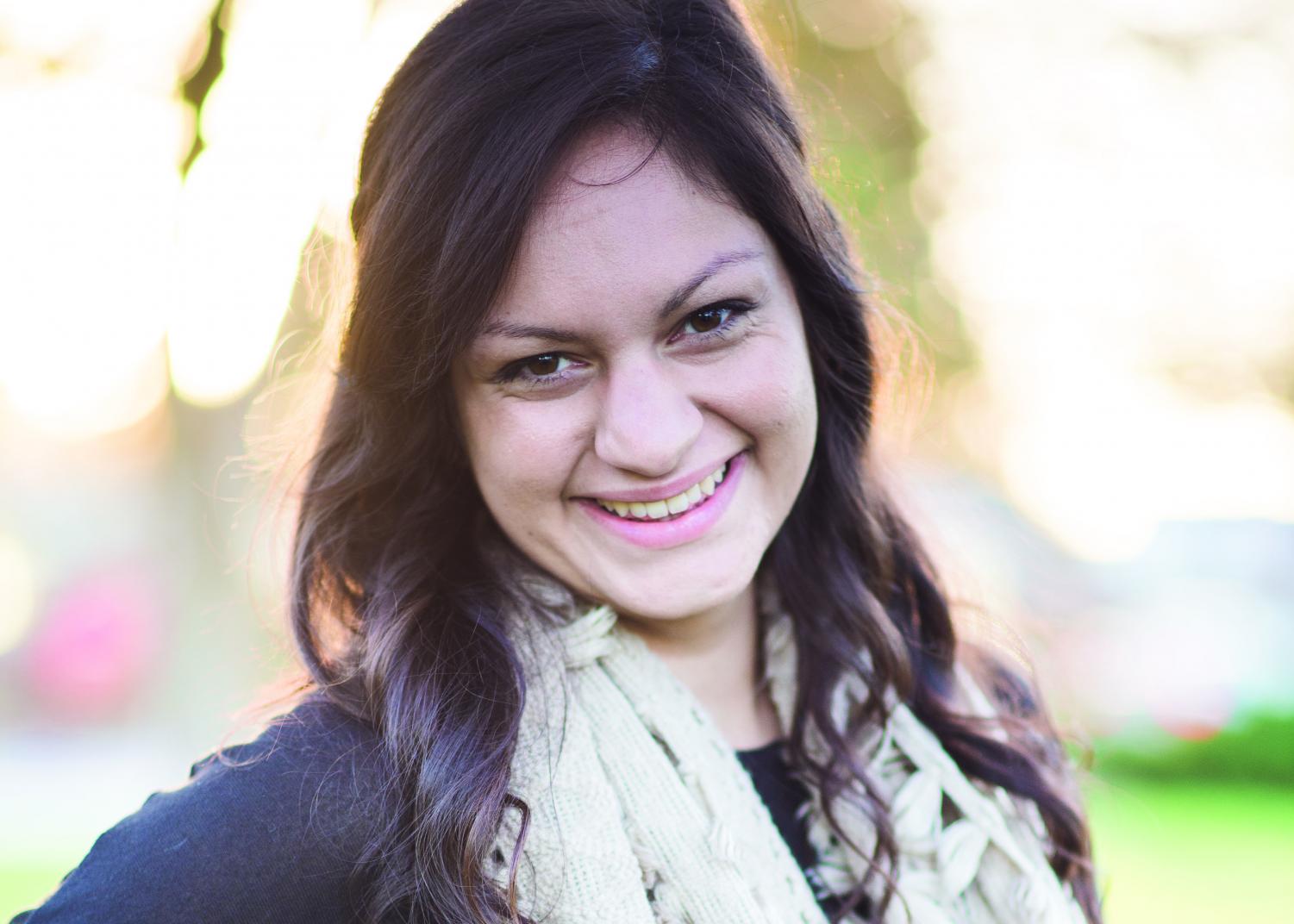“Every time I think about my culture, I think about how to contribute to Biblical interpretation as a Chinese scholar, because the Eastern church and the Western church are different.”
Zihan Xu, a fourth year Masters of Divinity student, was born and raised in China before moving to the United States alone during high school. Xu’s parents divorced when she was around 3-years-old; when she was12, her mother remarried. She has a stepfather and two younger half-brothers, a family dynamic which impacts Xu’s views on encouragement and excellence.
“It’s hard for us to appreciate each others’ work or to give praise,” Xu said. “I think I was trained to think about what I have done and reflect on what I have done wrong. Maybe something is not all my fault, but I used to think it all was my part and not blame others. I was treated strictly, and I treat my brothers strictly.”
Xu explained that her youngest brother is autistic, so she sets different standards for him than she does for her other brother. Sometimes her other brother suggests she does not “love him enough,” but Xu said that she has higher standards for him — she loves him, but said he needs to take more responsibility.
“I love you, but we need to set boundaries,” Xu said. “It’s more like a Chinese way, because we think if someone deserves to perform better, he has certain abilities, we will have a higher standard for him.”
Xu set a high standard for herself as well when she moved to the U.S. alone at the age of 15. Xu’s parents wanted her to attend a college in the U.S. so she would not have to take the entrance exam to get into a Chinese university. They sent her to study at University High School in Irvine during her sophomore year of high school so she could have the best chance of getting into college.
Xu said that before her parents sent her to the U.S., she was preparing to study in Germany. Her parents promised that if she did not like school in the U.S., she could leave. After three months, Xu told her mom that she was not enjoying herself, but her parents ended up not letting her return to China or go to Germany. She finished high school in Irvine, living alone in a rented room.
During her senior year of high school, Xu considered attending Biola for her undergraduate studies as she “felt God’s calling to enter full-time ministry.” She applied and got a scholarship, but after talking with her pastor and other trusted people, she chose to attend a secular university instead. Xu decided that if she was going to work in ministry, she wanted to attend a non-Christian school to meet and interact with people of different backgrounds. Xu attended UC Irvine, graduated during the COVID-19 pandemic and then came to Biola for her M.Div.
Xu has not been back to China for four years. She had many video calls with her family during those years, and this summer, Xu’s family left China and moved to a home in California just five minutes away from where she rents a room.
Since coming to Biola, Xu found that the Western church is more focused on logic and hermeneutics than the Eastern church, which she described as concentrating more on relationships. She said that this emphasis on hermeneutics is evident in Bible classes here, but there is still sometimes discussion on relationships. In some of Xu’s practical theology classes, students from Korean backgrounds would tell the class about their experiences with the Korean church.
“In East Asia, we talk more about relationships and collectivism and focus on our communal fellowship,” Xu said. “However, here, we are more exposed to the individualistic, and we are more focused on ourselves and set up more clear boundaries with each other.”
One of Xu’s favorite cross-cultural experiences at Biola is the “Friendship Project,” which she is working on this semester. She explained that students in her class formed teams of three or four who consistently pray together, have meals together and help each other on classwork. One of her group members is from Hong Kong and the other is from Canada. Xu said “everyone is wonderful” on her team and that the project has been enriching for her.
Unfortunately, this type of intercultural teamwork and communication is not always what Xu has encountered at Biola. Xu said global students face a myriad of logistical challenges that sometimes go unacknowledged by the administration.
“Biola culture is quite white,” Xu said. “As international students we have many struggles for our visa status, our job and our classes. However, many of the administration staff doesn’t understand why we are frustrated. They think everything works out, but they don’t really notice the struggles we are facing.”
Xu highlighted times when Biola has responded positively to international students as well. She said that in years past, the dean of Talbot has hosted a family meal for international students to get to know them. Xu also praised the student events Biola hosts for global and domestic students.
For the Biola community at large, Xu suggested that students be more willing to ask each other questions about their background and where they are from. She emphasized that international students and their different experiences, cultures and countries of origin should be recognized and celebrated. Xu encouraged Biolans to show hospitality to international students, saying, “We do have to leave our comfort zone to interact with people who are not similar to us.”



